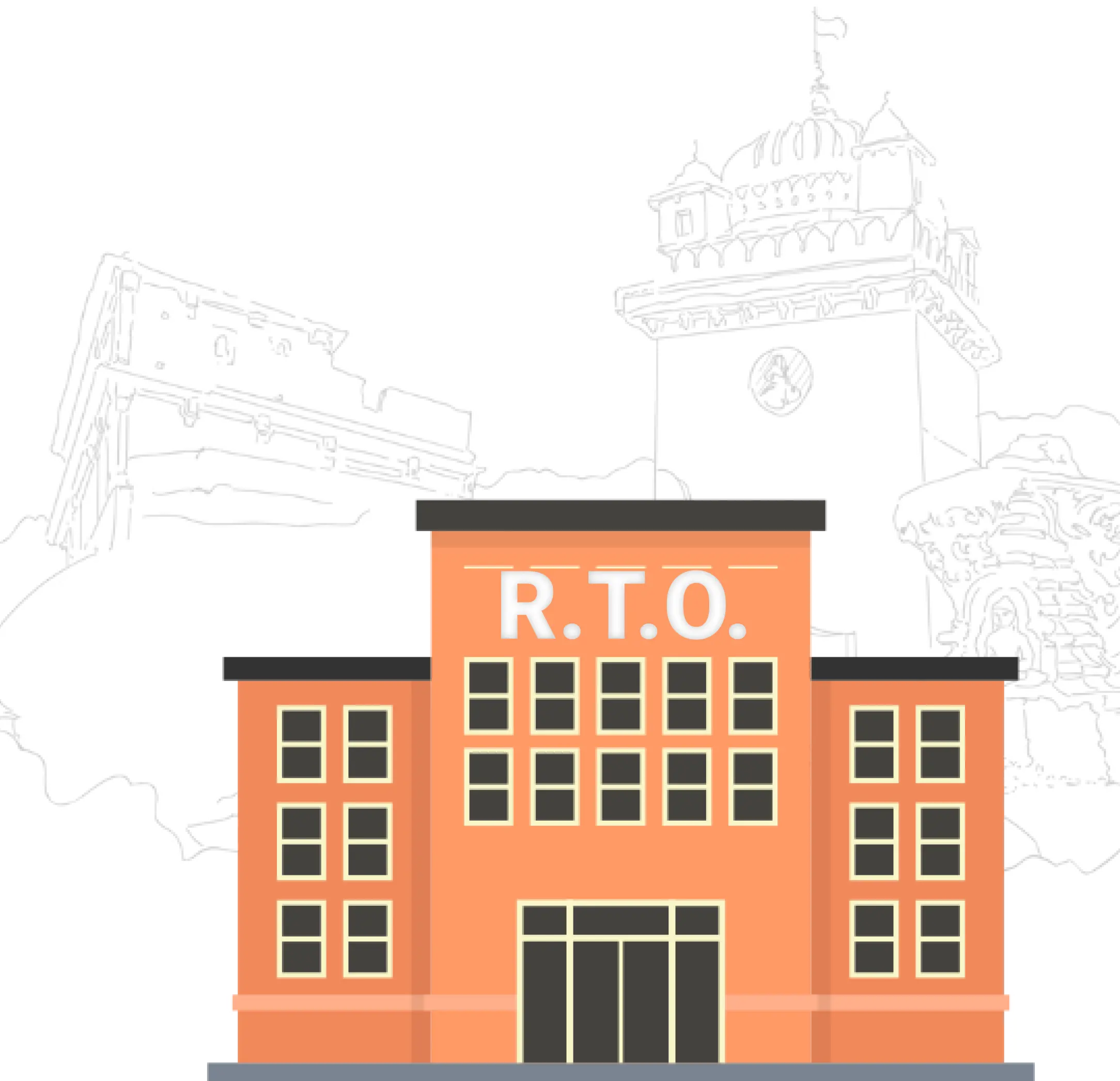RTO Office in Jammu
Check Vehicle Owner Details
Find Nearest RTO Office
Find RTO Office by State
Check RTO details state wise

RTO Telangana

RTO Andhra Pradesh

RTO Arunachal Pradesh

RTO Karnataka

RTO Madhya Pradesh

RTO Nagaland

RTO Mizoram

RTO West Bengal

RTO Tripura

RTO Maharashtra

RTO Kerala

RTO Meghalaya

RTO Punjab

RTO Haryana

RTO Himachal Pradesh
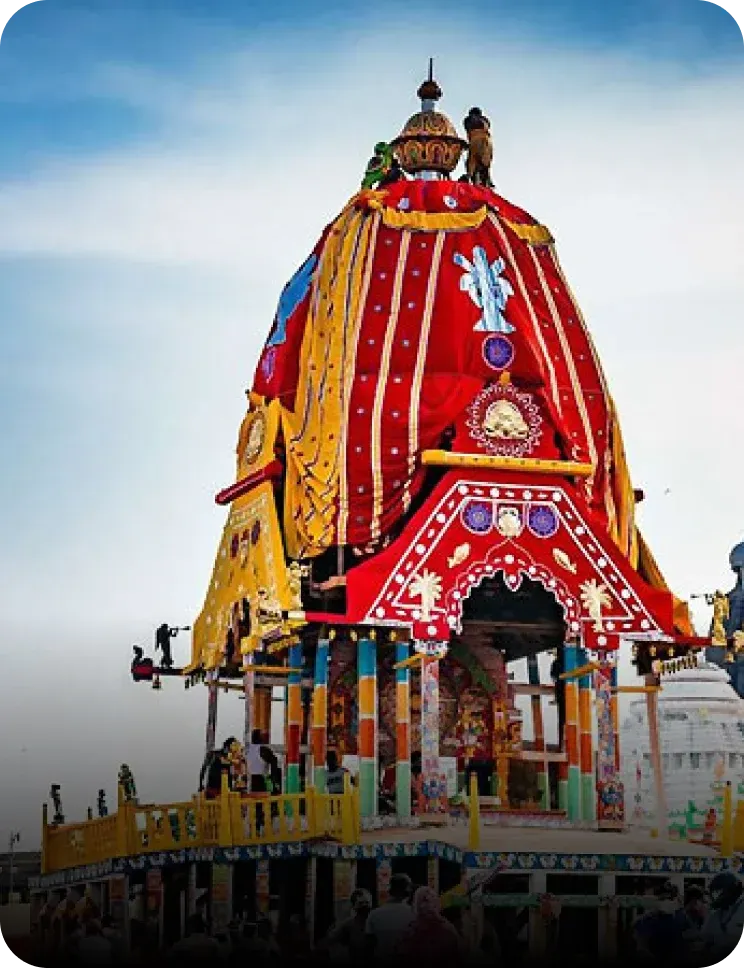
RTO Odisha

RTO Manipur

RTO Tamil Nadu

RTO Uttar Pradesh

RTO Gujarat

RTO Goa

RTO Jammu & Kashmir

RTO Jharkhand

RTO Sikkim

RTO Chhattisgarh
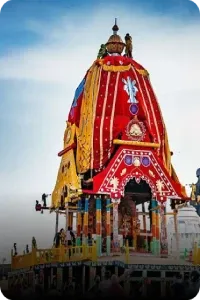
RTO Delhi

RTO Uttarakhand

RTO Bihar
The RTO or Regional Transport Office is a governmental body of the Indian Transport system. The RTOs are designated with the responsibility of providing every driver-related, transport-related, and vehicle-related service to the public.
Jammu and Kashmir is a union territory in India, being named after two twin regions of Jammu and Kashmir. There are several RTOs spread across the region.
Jammu RTO is located in the Transport Nagar region and remains open daily between 10.30 am and 4.30 pm, except for Sundays and holidays. It is the lifeline of the JK transport system. The official email ID of Jammu RTO is [email protected], check out the official website. The code of this RTO is 02.
If you need any vehicle or driving-related permissions and certificates, you will need to visit this RTO. They function as per the enforcement of the Motor Vehicles Act of 1988. Some of the major services they offer include the issuance of LL, DL, permits of international DL, vehicle registration, promoting road safety, active pollution control, etc.
There are 22 RTOs throughout Jammu and Kashmir, including Budgam, Jammu, etc., some of which are listed below.
List of RTOs in Jammu and Kashmir
| RTO Number | Location/Name |
|---|---|
| JK 01 | Srinagar |
| JK 02 | Jammu |
| JK 03 | Anantnag |
| JK 04 | Budgam |
| JK 05 | Baramulla |
Functions of Jammu RTO
The Commissioner of Transport heads Jammu RTO and is vested with the following duties and responsibilities:
Ensuring proper implementation of the Motor Vehicles Act and rules
Framing effective policies ensuring road safety and improvement of the overall transport management
Efficient computerization of the relevant data, safe record-keeping, offering rapid verification
Transport-related data collection and management
Creating general awareness among the public, drivers, and inspectors of Motor Vehicles regarding road safety
Rapid response and operating Passenger Welfare Fund during any road accidents
Taking proper legal action(s) for violation of traffic rules
Collecting fines, fees, taxes, rates
Monitoring and reviewing of proper utilization of funds
Ensuring constant improvement and updation
How to Register a Vehicle at Jammu RTO
When you purchase a new vehicle, you need to get it registered with your designated RTO within 15 days after the purchase, before hitting the road. This rule is prevalent throughout India and so Jammu and Kashmir is no exception. You can download the application form from the official site. However, before registering, you must note that there are two variants of registration:
Temporary Registration: During vehicle purchase, you receive a registration number, assigned by your vehicle dealer. This is called the temporary registration number. It is only viable for 15 days from the purchase date, during which you must finalise your permanent registration.
Permanent Registration: This is the final registration number that you receive after enrolling under the designated RTO. This number is final and irrevocable irrespective of the circumstances.
List of Documents Required for Vehicle Registration
The documents essential to complete the vehicle registration process at Jammu RTO include:
Form 20, duly filled and signed by the applicant
Form 22- road-worthiness certificate
A copy of the vehicle insurance plan
2 copies of attested address proof
Form 34, is required only if the vehicle is purchased on loan, duly signed by the applicant and the financer
Proof of DOB
Acknowledgement of the payment of road tax
Pencil print of chassis
Registration fees
Self-attested passport-size photo
PAN card/ form 60 and Form 61(as applicable, 2 copies)
After you submit all these documents, the authorities verify them, before permanently registering your vehicle.
How to Renew Registration for a Vehicle at Jammu RTO
Once you register a vehicle under any Indian RTO, including that of Jammu, it remains valid for 15 years. If you wish to keep that vehicle even after that, you have to renew the registration and continue doing so after every 5 years. You need to complete certain paperwork for achieving this. You must note that your renewal application should not be placed more than 60 days before the renewal date.
The list of documents required for renewing RC under Jammu RTO are
Form 25
Form 20
Original RC
Fitness certificate of the concerned vehicle, issued by the respective dealer
Road tax payment receipts, along with dues (if any)
Pencil print of chassis
Vehicle insurance certificate
Attested copy of PUC
Attested copies of passport-size photograph
Application fees
PAN Card or Form 60 and 61 (whichever is applicable)
You can complete this process online, by visiting the link.
Choose the state once the drop-down menu opens
Choose the designated RTO
Select RC renewal
Enter the registration number along with the chassis number
Choose the registration number
Fill the form with details as required
Pay fees to complete the process
How to Transfer Vehicle Ownership at Jammu RTO
Transferring vehicle ownership due to either sales or inheritance is a common occurrence. If you wish or need to transfer vehicle ownership in Jammu and Kashmir, you need to complete the following paperwork:
Duly filled and signed Form 28 and 29, the notice of ownership transfer. You can avail of this at the RTO.
Forms 31 and 32-application for Motor Vehicle Registration
Original RC
Original emission certificate, if applicable
A valid insurance certificate
PUC certificate
The transfer fee amount as applicable
This is a simple procedure and the ownership transfer will be complete in a few days/weeks once the proper paperwork is submitted.
How to check Jammu RTO information on Park+
Follow these steps to check RTO car information on the Park+ app.
- Download the Park+ app.
- Open the app and click on 'Login'.
- Enter your mobile number and click on 'Send OTP'.
- Enter the 'OTP' and click on 'Verify OTP'.
- Navigate to 'Services', and click the 'View all' option.
To check your vehicle information from this screen, follow the below steps:
- Enter your 'Vehicle Number' at the top of the page.
Click on 'Search' to check Vehicle Information.
To find your nearest RTO from the Services screen, follow these steps:
- To find your nearest RTO, go back to the all services screen.
- Scroll down to the 'Find near you' section.
- Click on 'RTO Centre'.
How to Register Vehicle Offline & Online in Jammu Rto Information
The registration of vehicles is crucial to confirm the legality of driving and add legitimacy to the whole operation on the road. Here is a step-by-step procedure for vehicle registration online and offline:
Offline
Online
Visit the nearest Regional Transport Office
Visit the nearest Regional Transport Office (RTO) or a designated vehicle registration centre
Collect application form
Collect the required application form for vehicle registration
Fill out all necessary information
Fill out the application form accurately with all necessary information, such as vehicle number, model, owner's details, etc
Attach documents
Attach the supporting documents, such as proof of identity, proof of address, vehicle invoice, insurance certificate, pollution under control (PUC) certificate, and chassis and engine number
Submit application to the designated authority
Submit the completed application form with supporting documents to the designated authority
Pay application fees
Pay the applicable registration fees and taxes at the designated counter
Authority will issue a RC
Upon verification of the documents and payment, the authority will issue a registration number and a registration certificate (RC) for your vehicle
Put registration number plate
Use the registration number plate on your vehicle as per the regulations given by the authority
Visit the Online Website
Visit the official website of the Ministry of Road Transport and Highways (MoRTH) or the respective state transport department's website.
Go to Online Vehicle Registration Section
Find and go to the Vehicle Ownership Section
Register/Log in
Register for an account or log in with your existing credentials.
Fill out the online application form
Fill out the online application form for vehicle registration with accurate details.
Upload scanned copies
Upload the scanned copies of the required documents, including proof of identity, proof of address, vehicle invoice, insurance certificate, PUC certificate, and chassis and engine number.
Pay Applicable Fees
Pay the applicable registration fees and taxes at the designated counter.
Submit application and documents
Make the online payment for registration fees and taxes using the available payment options.
Authority will issue a RC
After verification of the submitted documents and payment, the authority will issue a registration number and a digital registration certificate (RC) for your vehicle
Get digital RC
Download and print the digital RC from the online portal
Put registration number plate
Use the registration number plate on your vehicle as per the regulations specified by the authority
Why should you Prefer Park+ to Check RTO Details?






How to Transfer Vehicle Ownership Online and Offline in Jammu Rto Information
Transferring vehicle ownership is a crucial process that involves legally transferring the rights and responsibilities of owning a vehicle from one individual or entity to another. Here is a step-by-step procedure for transferring vehicle ownership online and offline:
Offline
Online
Visit the nearest Regional Transport Office
Visit the nearest Regional Transport Office (RTO) or designated vehicle registration centre to get the vehicle ownership transfer application
Fill all necessary details
Fill out the application form with all necessary details, including the seller's and buyer's information, vehicle details, and transferor's consent
Sign the application
Both the seller (transferor) and the buyer (transferee) must sign the application form along with two witnesses
Attach the supporting documents
1. Attach the supporting documents required for ownership transfer, such as: 1. Original registration certificate (RC) of the vehicle. 2. Proof of identity and address of both the seller and the buyer. 3. Sale agreement or deed of transfer (if applicable). 4. No Objection Certificate (NOC) from the financier (if the vehicle is under a loan). 5. Valid insurance certificate. 6. Pollution under control (PUC) certificate.
Submit application to the designated authority
Submit the completed application form with supporting documents to the designated authority at the RTO or vehicle registration centre.
Transfer fee and road tax
Pay the applicable transfer fee and road tax (if any) at the designated counter
Authority will issue a new RC
After verifying the documents and payment, the authority will update the ownership details in the vehicle's registration certificate (RC) and issue a new RC in the buyer's name
Receive updated RC
The buyer will receive the updated RC, and the seller will retain a copy of the sale agreement or deed of transfer for their records
Visit the Official Website
Visit the official website of the Ministry of Road Transport and Highways (MoRTH) or the respective state transport department's
Got to Vehicle Ownership Transfer
Open the online vehicle ownership transfer portal
Register/Log in
Register for an account or log in with your existing credentials.
Fill Out the Online Application Form
Fill out the online application form for vehicle ownership transfer with accurate details, including seller's and buyer's information, vehicle details, and transferor's consent.
Upload Scanned Copies
1. Original registration certificate (RC) of the vehicle. 2. Proof of identity and address of both the seller and the buyer. 3. Sale agreement or deed of transfer (if applicable). 4. No Objection Certificate (NOC) from the financier (if the vehicle is under a loan). 5. Valid insurance certificate. 6. Pollution under control (PUC) certificate.
Transfer Fee and Road Tax
Make the online payment for the transfer fee and road tax (if any) using the available payment options.
Submit Application & Documents
Once the payment is processed, submit the application form and documents through the online portal.
Receive Updated RC
After verification of the submitted documents and payment, the authority will update the ownership details in the vehicle's registration certificate (RC) electronically.
Authority will issue a new RC
After verification of the submitted documents and payment, the authority will update the ownership details in the vehicle's registration certificate (RC) electronically
Receive confirmation
Both the seller and the buyer will receive a confirmation of the ownership transfer through the online portal
Get Digital RC
The buyer can download and print the updated RC from the online portal for their records
Common fees structure
Driving License
| Documents | Prices |
|---|---|
| Application Fee | ₹200 to ₹500 (varies by state) |
| Learner's License Test Fee | ₹30 to ₹150 (varies by state) |
| Driving Test Fee | ₹50 to ₹300 (varies by state) |
| Renewal Fee: | ₹200 to ₹500 (varies by state) |
| Duplicate DL Fee | ₹200 to ₹400 (varies by state) |
Vehicle Registration Certificate (RC):
| Documents | Prices |
|---|---|
| Registration Fee | ₹600 to ₹1,500 (varies by state) |
| Smart Card Fee | ₹200 to ₹500 (varies by state) |
| Hypothecation/Endorsement Fee | ₹100 to ₹300 (varies by state) |
| Transfer of Ownership Fee | ₹300 to ₹1,000 (varies by state) |
| Duplicate RC Fee | ₹200 to ₹400 (varies by state) |
Fitness Certificate:
| Documents | Prices |
|---|---|
| Fitness Test Fee | ₹200 to ₹600 (varies by vehicle type) |
| Fitness Certificate Fee | ₹300 to ₹800 (varies by vehicle type) |
Permit Fees:
| Documents | Prices |
|---|---|
| Temporary Permit | ₹50 to ₹200 (varies by state) |
| National Permit | ₹500 to ₹2,000 (varies by state and vehicle type) |
| State Permit | ₹200 to ₹800 (varies by state and vehicle type) |
Road Tax:
| Documents | Prices |
|---|---|
| Entry Tax | ₹200 to ₹1,000 (varies by state and vehicle type) |
| Road Tax | 4% to 15% of the vehicle's ex-showroom price (varies by state and vehicle type) |
| Green Tax | ₹500 to ₹2,000 (varies by state and vehicle type) |
Explore
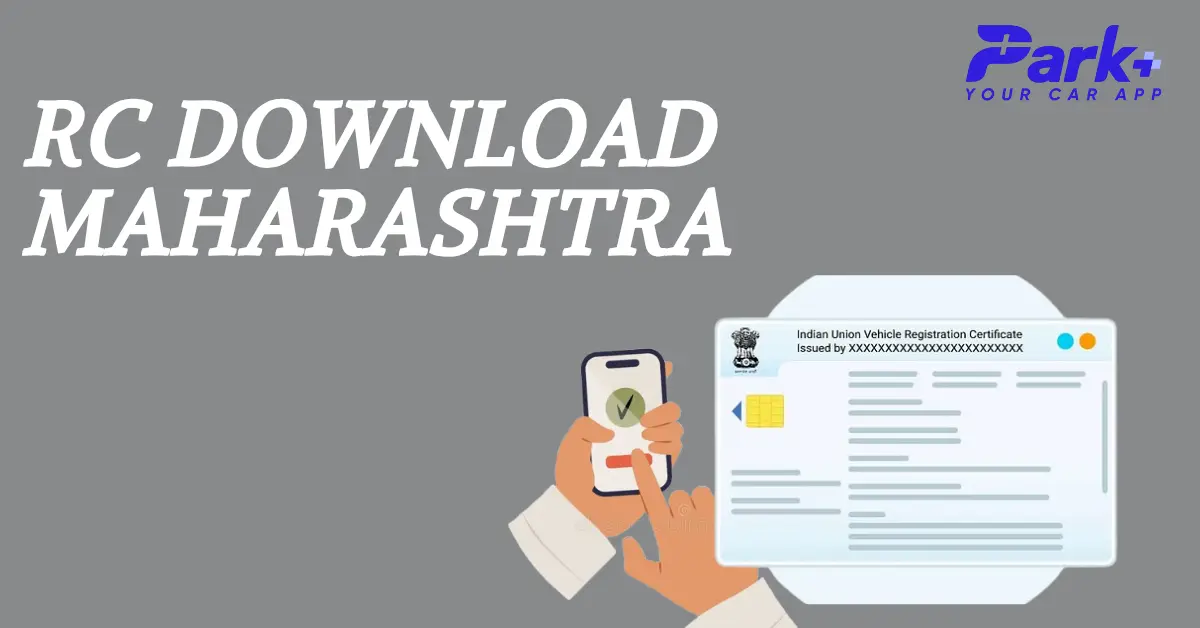

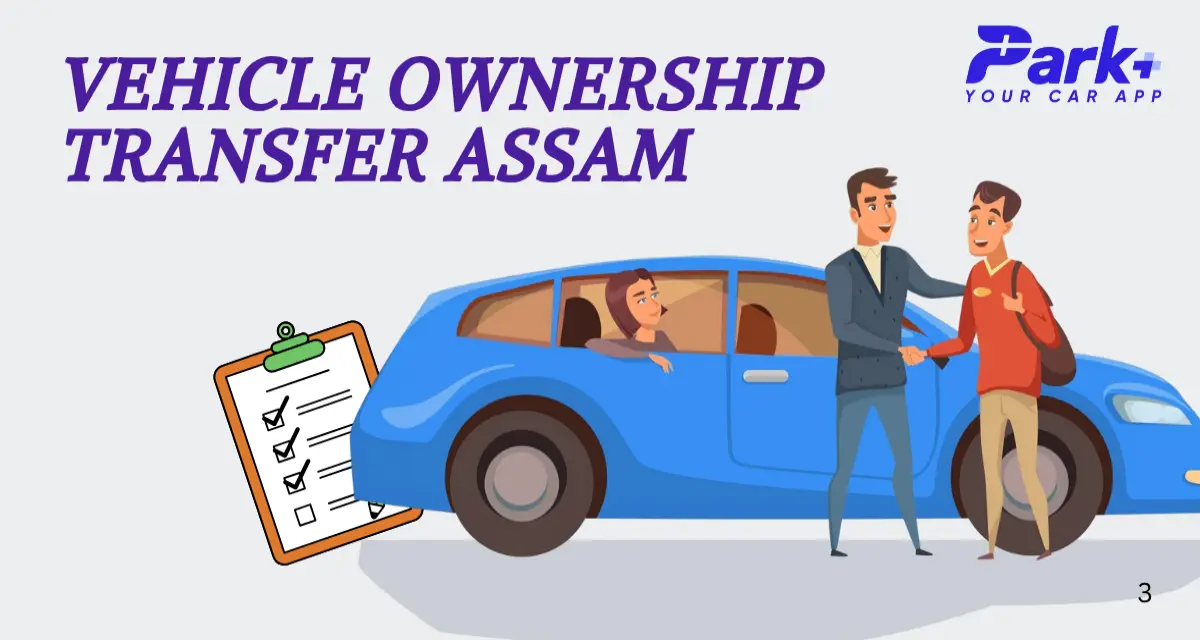
What Services does RTO Provide?
The Regional Transport Office (RTO) provides a range of services related to vehicle registration, driver licensing, and enforcement of transportation laws. Some of the key services offered by RTOs include:
1
RTO facilitate the registration of new vehicles and the renewal of registration for existing vehicles.
2
Provide driver's licenses and other permits needed to drive various types of vehicles.
3
Vehicle Fitness Certification to assess vehicle roadworthiness and safety standards, issuing fitness certificates accordingly.
4
Issuance of Permits for commercial vehicles such as taxis, buses, trucks, and auto-rickshaws, allowing them to operate legally.
5
Collect Road Taxes and other fees related to vehicle registration and licensing.
6
Enforcement of Traffic Rules, such as monitoring vehicle emissions and conducting vehicle inspections.
7
RTOs maintain databases of registered vehicles, drivers, and other relevant information to ensure transparency and accountability in transportation management.
